Complex trauma—a severe mental health condition, yet one that remains unrecognized by the DSM (the Diagnostic and Statistical Manual of Mental Disorders) is one of the most misunderstood psychological conditions.
The National Child Traumatic Stress Network defines complex trauma as “children’s exposure to multiple traumatic events—often of an invasive, interpersonal nature—and the wide-ranging, long-term effects of this exposure.
These events are severe and pervasive, such as abuse or profound neglect.” On their path to recovery, complex trauma survivors often seek validation, information, and hope. The following books are great resources for meeting these needs.
10 Must-Read Books For Complex Trauma Survivors
1. Trauma and Recovery: The Aftermath of Violence – from Domestic Abuse to Political Terror by Judith Herman, M.D.
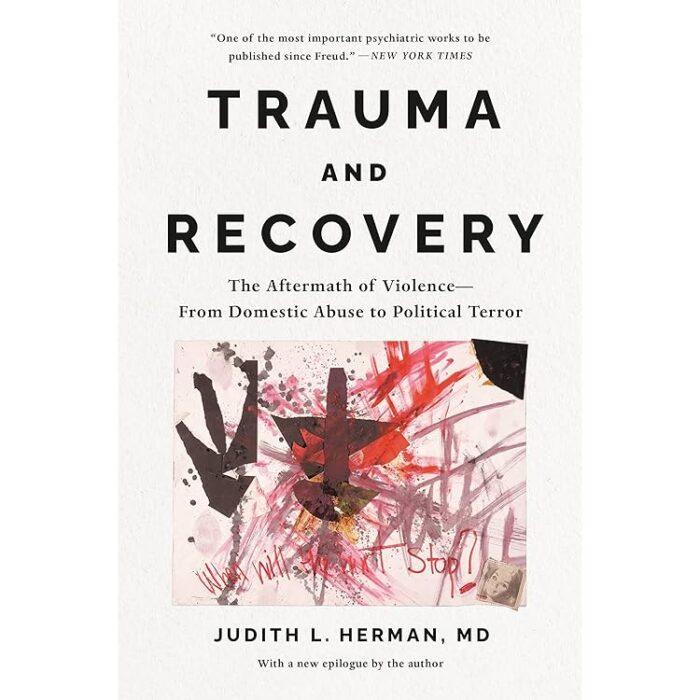
Dr. Judith Herman is the grandmother of the complex trauma movement. She coined the term Complex PTSD and with other clinicians, such as Christine Courtois and Bessel a van der Kolk, she has advocated for the inclusion of Complex PTSD in the DSM since the 90s.
This book is groundbreaking as Dr. Herman conceptualizes trauma in a social context. She utilizes case studies and literature to illustrate the parallels between personal trauma, such as sexual assault, and public trauma, such as terrorism and exposure to war, to conclude that psychological trauma does not exist in a vacuum but as part of our culture, communities, and society.
2. The Body Keeps the Score: Brain, Mind, and Body in the Healing of Trauma, by Bessel van der Kolk, M.D.
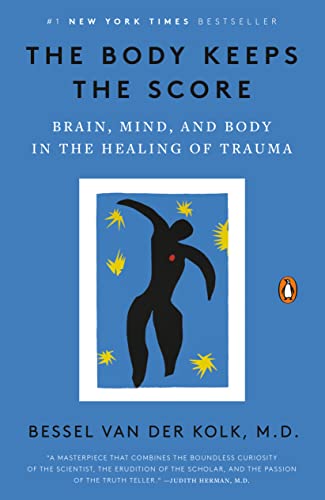
If Judith Herman is the grandmother of the complex trauma movement, Dr. Bessel van der Kolk is its grandfather. His book is considered a classic and required reading for all trauma clinicians. It’s also one of the most recommended books to clients by their clinicians. Dr. Kolk exceptionally describes how trauma impacts the brain and body.
He also explores effective methods to treat trauma, such as safe, trusting relationships, Eye Movement Desensitization Reprocessing (EMDR), yoga, and neurofeedback. My favourite quote is, “After trauma the world becomes sharply divided between those who know and those who don’t.”
3. Healing Trauma: A Pioneering Program for Restoring the Wisdom of Your Body by Peter A. Levine, Ph.D.
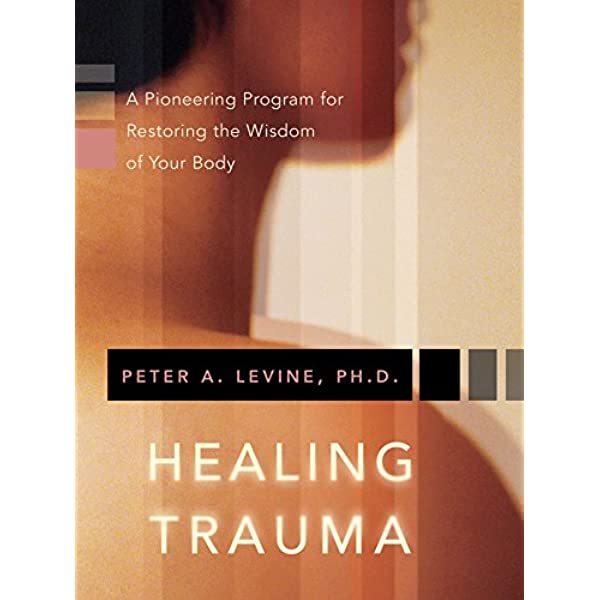
When you think of complex trauma, you can’t forget your body. Trauma lives in your body, and you may need to try strategies that focus specifically on your body to recover. Dr. Levine expands upon his theory of Somatic Experiencing (SE).
This therapy focuses on the connection between the mind and body, which he introduced in his book Waking the Tiger.
He provides a how-to guide for SE, including methods for uncovering the physiological roots of your emotions, emergency “first-aid” measures for times of distress, and ways to develop bodily self-awareness to “renegotiate” and heal from traumas by “revisiting” them rather than reliving them.
SE is highly adaptable: You don’t have to focus solely on these interventions, as SE can often be combined with other recovery methods.
4. What Happened to You?: Conversations on Trauma, Resilience, and Healing by Dr. Bruce D. Perry M.D., and Oprah Winfrey
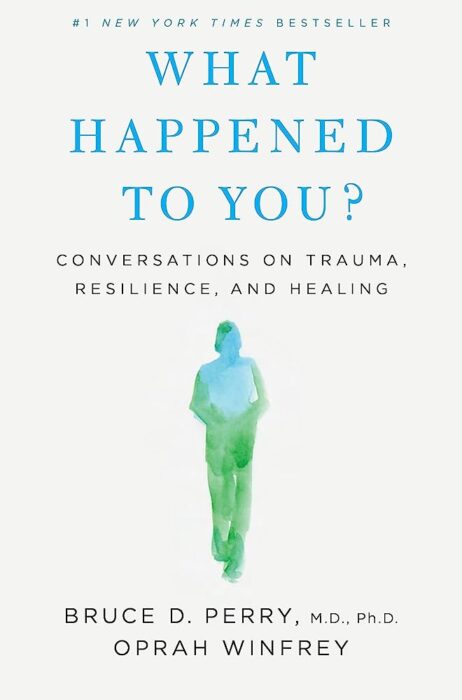
What happens when media mogul Oprah Winfrey and psychiatrist and neuroscientist Dr. Bruce Perry sit down for a conversation about complex trauma? This book.
Perry explains the science, provides vivid case studies and challenges readers to change their perceptions of trauma. Winfrey provides probing questions, exposes the impact of culture and intersectionality, and shares her story as a trauma survivor.
One of the most prominent themes in this book is the need to shift away from the question “What’s wrong with you?” and to embrace, instead, the question “What happened to you?” Such a paradigm shift isn’t insignificant as it challenges the current symptom-obsessed culture and encourages us to focus instead on the cause, which is often complex trauma.
I would also add the question, “What didn’t happen to you?” which might be helpful for survivors who missed out on critical developmental experiences.
5. What My Bones Know: A Memoir of Healing from Complex Trauma by Stephanie Foo
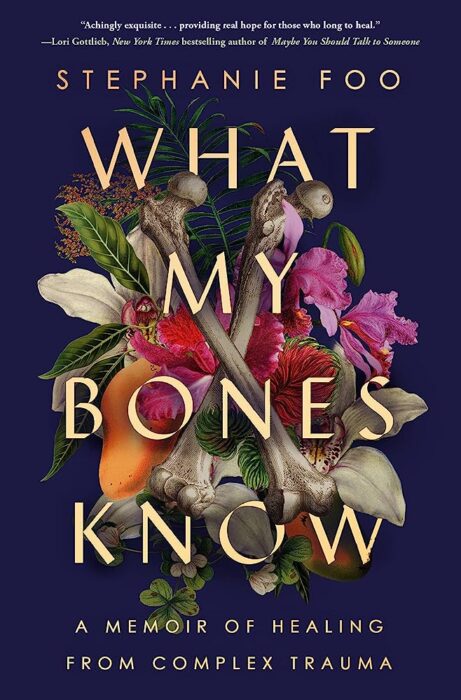
A successful journalist is told that she has complex PTSD and embarks on a journey of research, recovery, and reckoning. Stephanie Foo’s memoir is honest, informative, and validating as she describes how complex trauma impacted her health, relationships, and career.
She exposes the difficult journey from diagnosis to healing and the obstacles that trauma survivors often experience: breaking up with therapists, trying many different therapies, and navigating incapable family members.
Foo also explores how intergenerational trauma impacted her community, family, and adult relationships and reflected on her ability to find and embrace her chosen family. In the end, her message is one of humility and hope.
6. Trauma and Expressive Arts Therapy: Brain, Body, and Imagination in the Healing Process by Cathy A. Malchiodi, Ph.D.
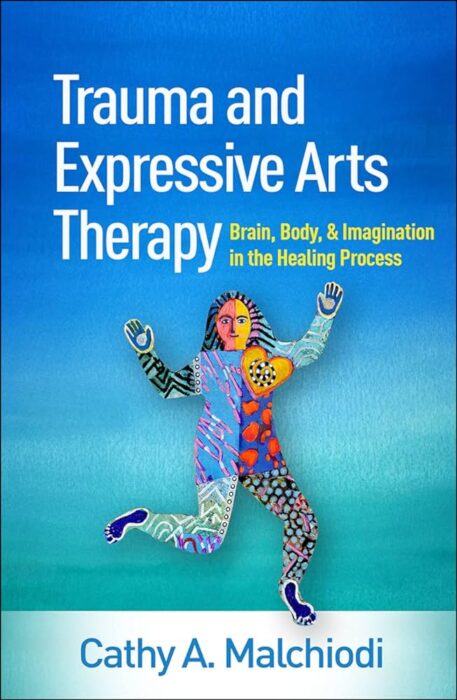
If you’ve tried talk therapy and it didn’t work or only helped so much, this is the book for you. Pioneering expressive arts therapist Dr. Cathy A. Malchiodi shares decades of research, case studies, and interventions.
Expressive arts therapy utilizes bodily and sensory interventions, such as movement, sound, play, art, and drama, to treat trauma—instead of relying solely upon talk therapy.
As a trauma therapist, I was able to implement these interventions immediately as this book includes templates and access to a website from which you can download and print materials.
The wide range of interventions includes strategies to enhance relationships, safety, self-regulation, resilience, and mindfulness, to name a few. A tremendous benefit of this book is that these interventions are designed for adults and children alike.
7. Complex PTSD: From Surviving to Thriving: A Guide and Map for Recovering from Childhood Trauma by Pete Walker, LMFT
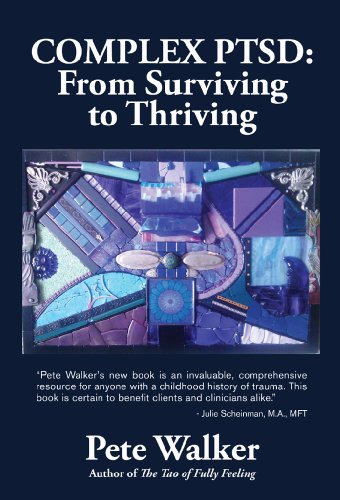
Need a thoroughly researched and informative yet jargon-free self-help book? Marriage and family psychotherapist Pete Walker provides this vital resource as he addresses multiple topics, such as attachment, shrinking the inner and outer critic, managing co-dependency, and navigating common obstacles in trauma recovery.
He provides case studies to illustrate essential concepts, including his experiences as a complex trauma survivor, which are rarely included in books written by therapists.
Walker provides multiple strategies and options for recovery depending upon each survivor’s distinct response to trauma, and he encourages survivors to abandon any methods that do not work for them. If you want a practical, effective, and educational self-help book, read this one.
8. The Deepest Well: Healing the Long-Term Effects of Childhood Trauma and Adversity by Nadine Burke Harris, M.D.
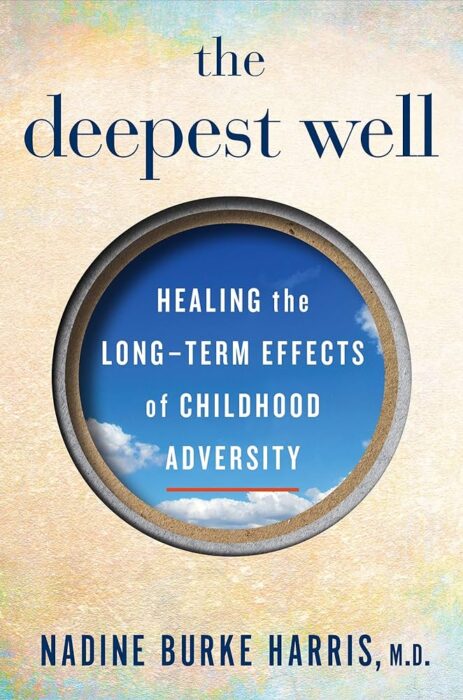
Can complex trauma stress cause serious medical illnesses in adulthood? Yes. Dr. Harris, a paediatrician, devoted to providing medical services to traumatized children, shares the results of her research into the biological effects of adverse childhood experiences. She provides scientific information, vivid case studies, humility, empathy, and compassion.
This book could have easily focused solely on trauma’s impacts on the body, but it does not. Dr. Harris explores the effects of trauma on our families, communities, and societies. In addition, The Deepest Well discusses treatment tools, including exercise, mindfulness, diet, and therapy.
9. The Complex PTSD Workbook: A Mind-Body Approach to Regaining Emotional Control and Becoming Whole by Arielle Schwartz, Ph.D.
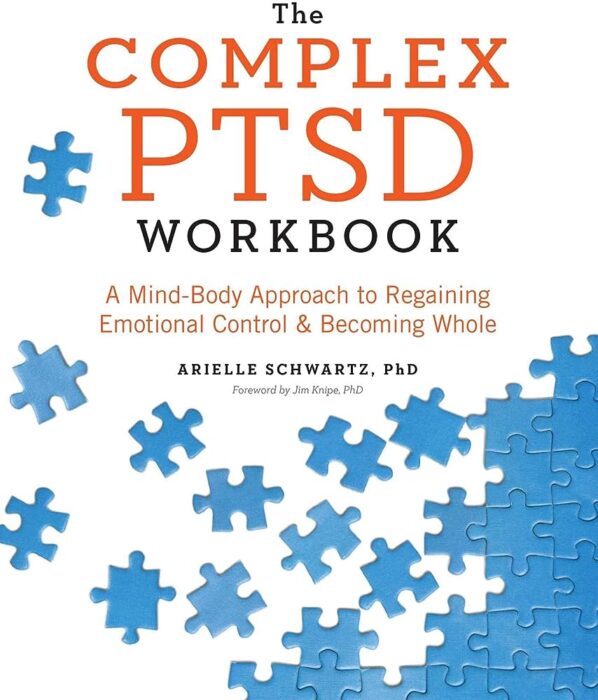
Do you need something practical that will give you tools to use now? Dr. Schwartz provides a combination of easy-to-use mindfulness and body-based interventions to assist readers in their physical and emotional stabilization and overall self-care.
There is a focus on coping with intrusive, avoidant, and depressive symptoms, as complex trauma does not impact everyone the same.
Consider completing this workbook when participating in trauma therapy or preparing to engage in therapy. In addition to the practical, Dr. Schwartz’s compassion and psychoeducational techniques make her tools safe and accessible for survivors.
10. Healing Trauma: Attachment, Mind, Body, and Brain by Daniel J Siegel, M.D., and Marion Solomon, Ph.D.
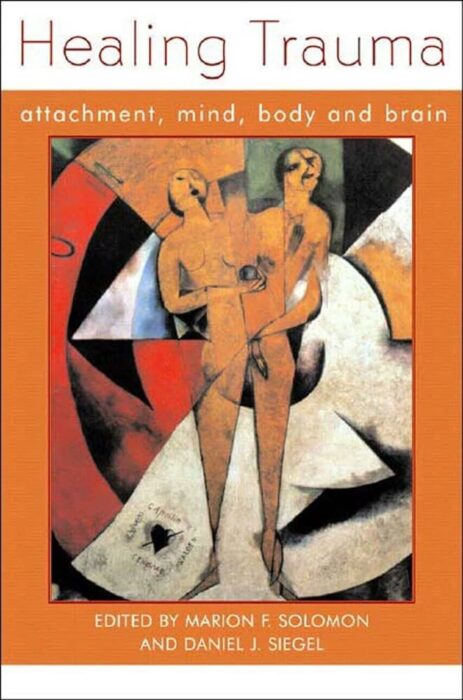
Do you want to be exposed to different perspectives without reading many books on complex trauma? Drs. Siegel and Solomon have brought together contributors who are heavyweights in the field of trauma, such as Francine Shapiro and Bessel van der Kolk.
These diverse perspectives include insights into attachment research, neurobiology, EMDR, and successful treatment methods for complex trauma.
Don’t skip Robert J. Neborshy’s chapter, “A Clinical Model for the Comprehensive Treatment of Trauma Using an Affect Experiencing – Attachment Theory Approach,” as he provides a transcript of attachment-based psychotherapy. This book is jargon-heavy as its intended audience is mental health practitioners.
Also, drumrolls please, our new book and labour of love, Toxic Love Disorder is finally out. It’s a goldmine of information when it comes to toxic and abusive relationships. Do check it out and order your copy now!
References:
The National Child Traumatic Stress Network. Complex Trauma. Webpage retrieved at https://www.nctsn.org/what-is-child-trauma/trauma-types/complex-trauma#… Gregory, A. 20022. 6 Must-Read Books for Complex Trauma Survivors. Psychology Today blog. Retrieved from https://www.psychologytoday.com/us/blog/simplifying-complex-trauma/202207/6-must-read-books-complex-trauma-survivors
Receive a free eBook, 25 Trauma and Anxiety Coping Hacks, by signing up for a monthly newsletter HERE.
Amanda Ann Gregory is accepting speaking engagements. She provides trainings, conference break-out sessions, lunch and learns, and keynotes. Contact her at [email protected].
Written By Amanda Ann Gregory Originally Appeared On Amanda Ann Gregory
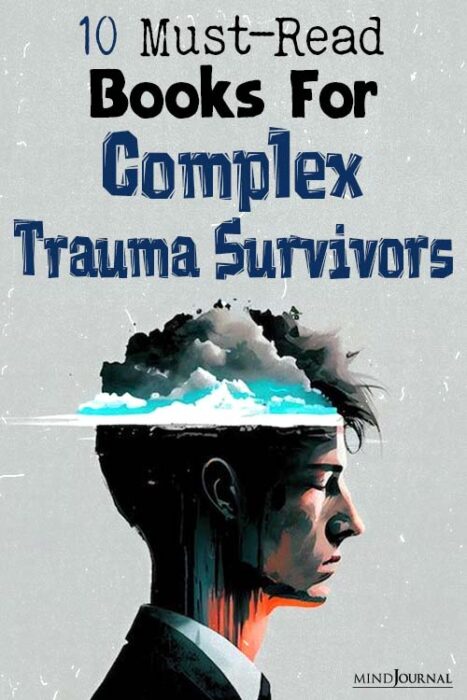
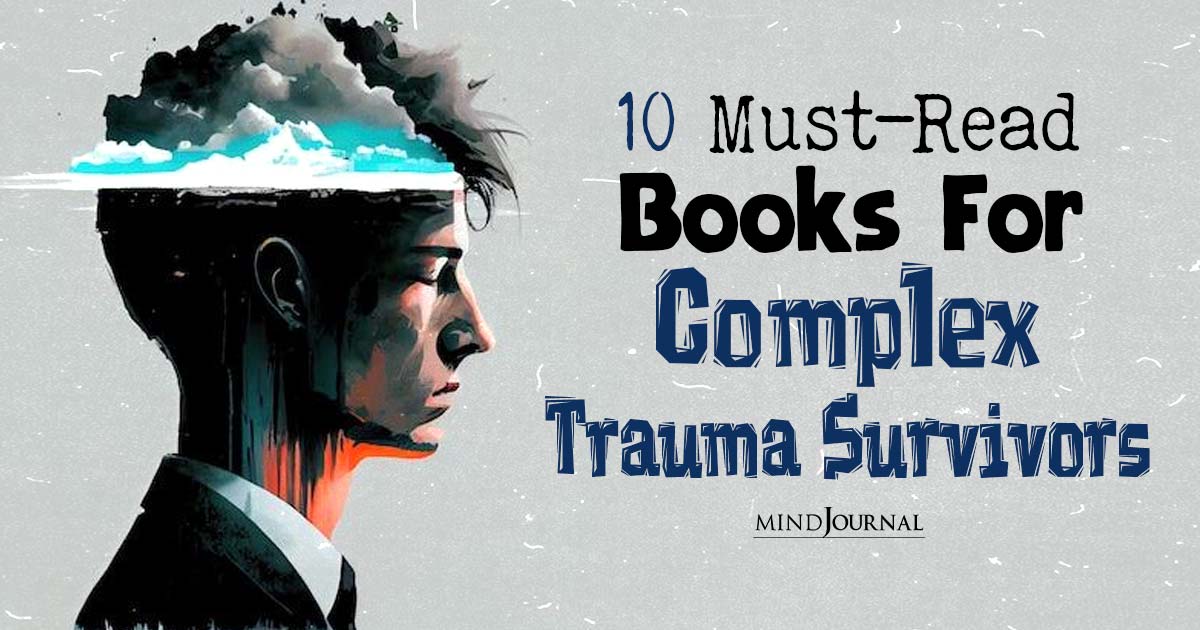





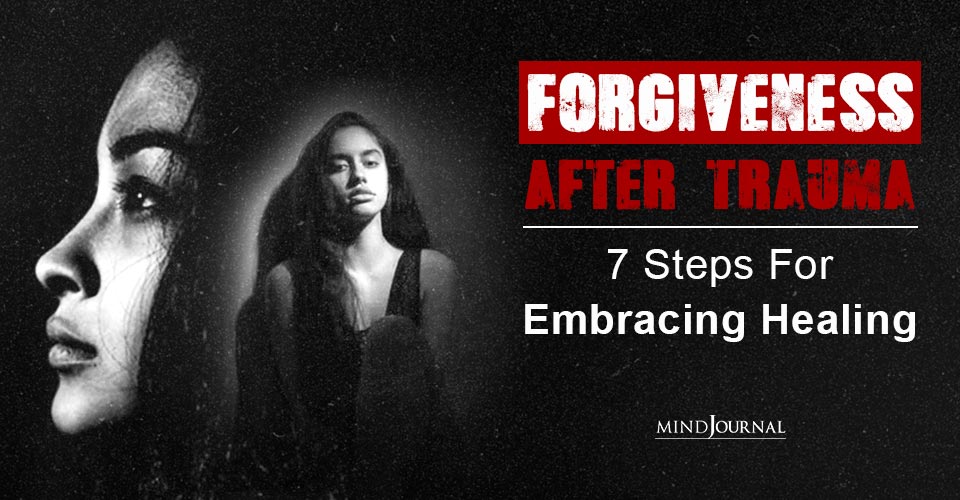

Leave a Reply
You must be logged in to post a comment.